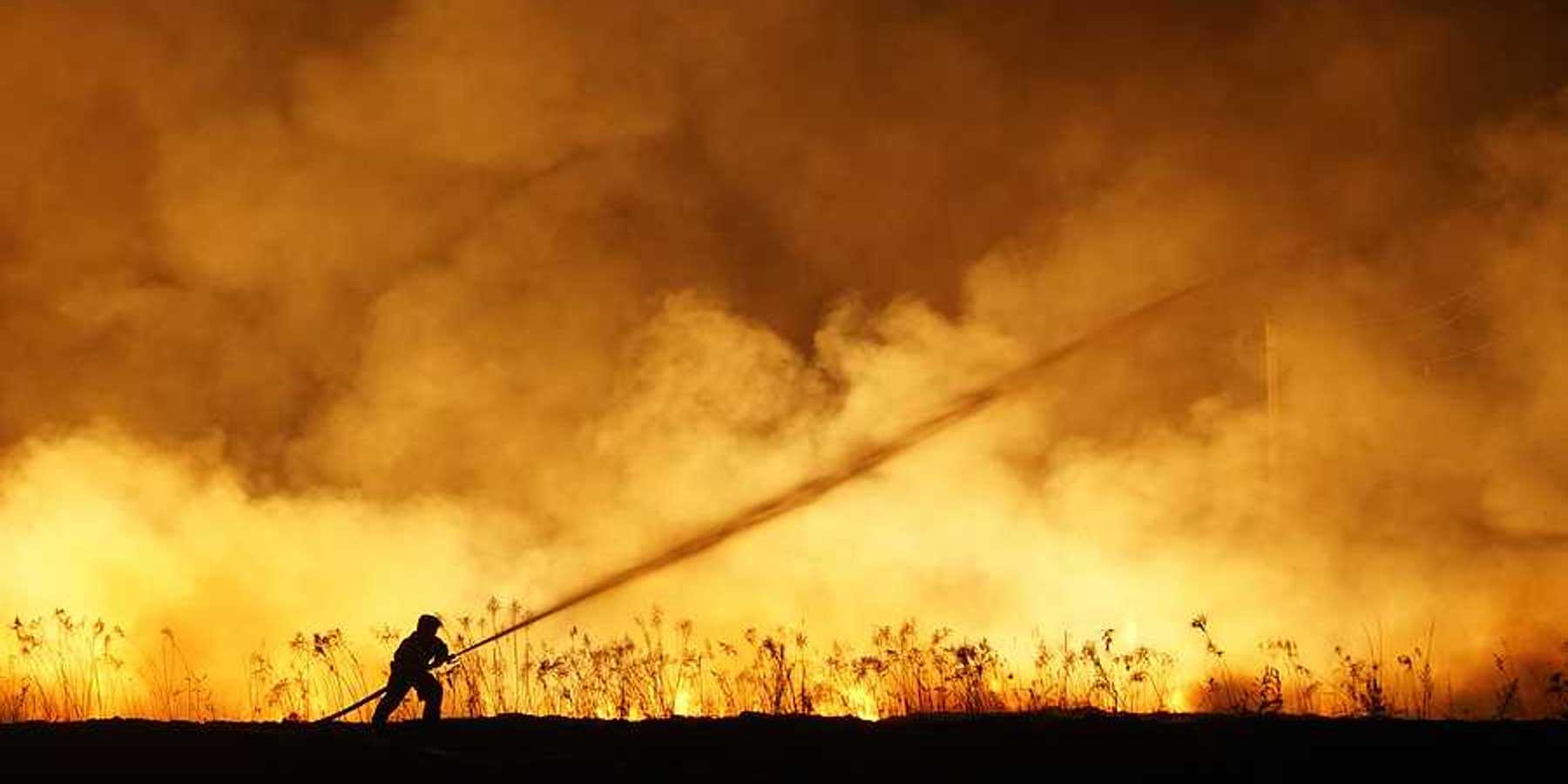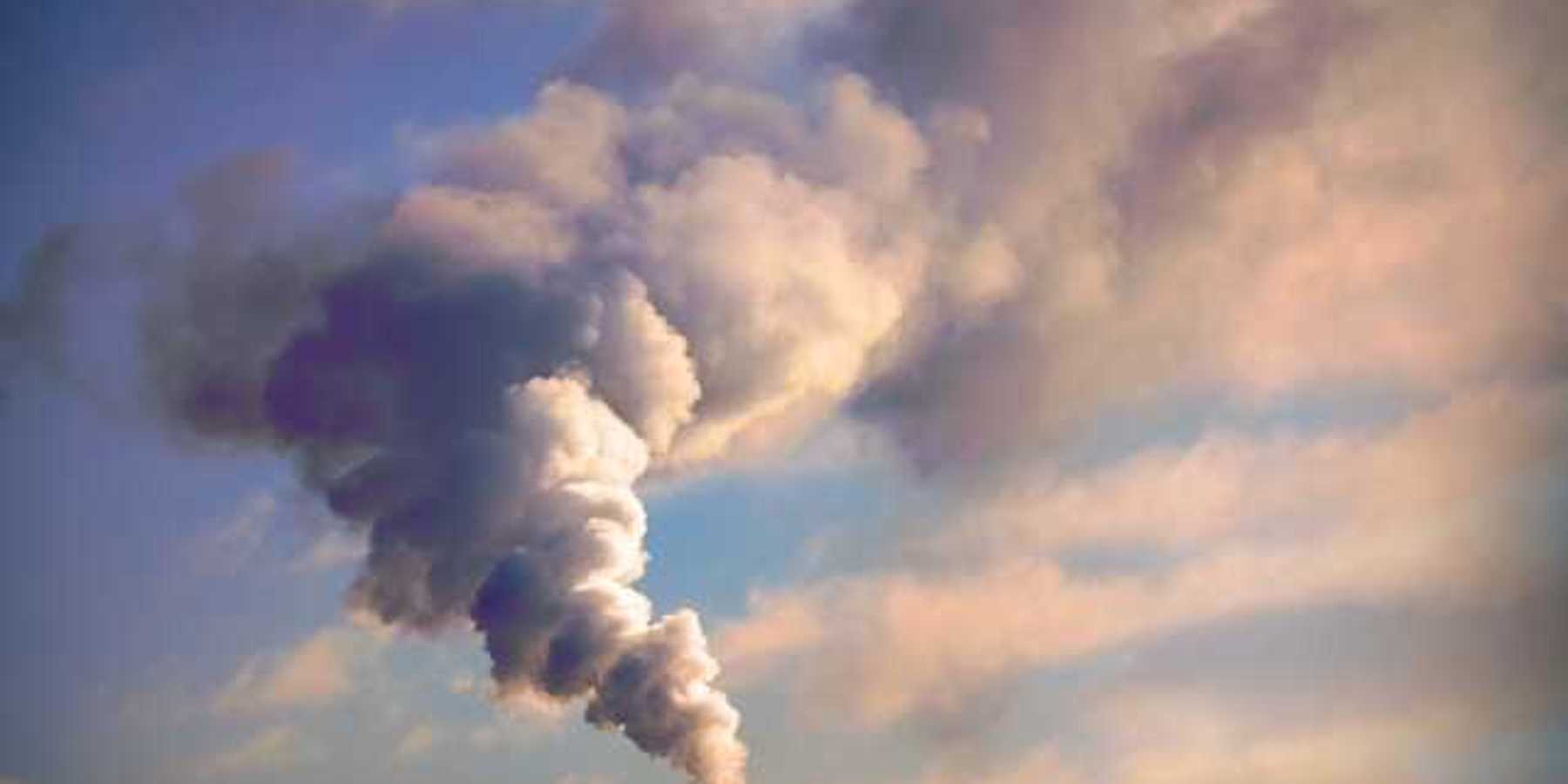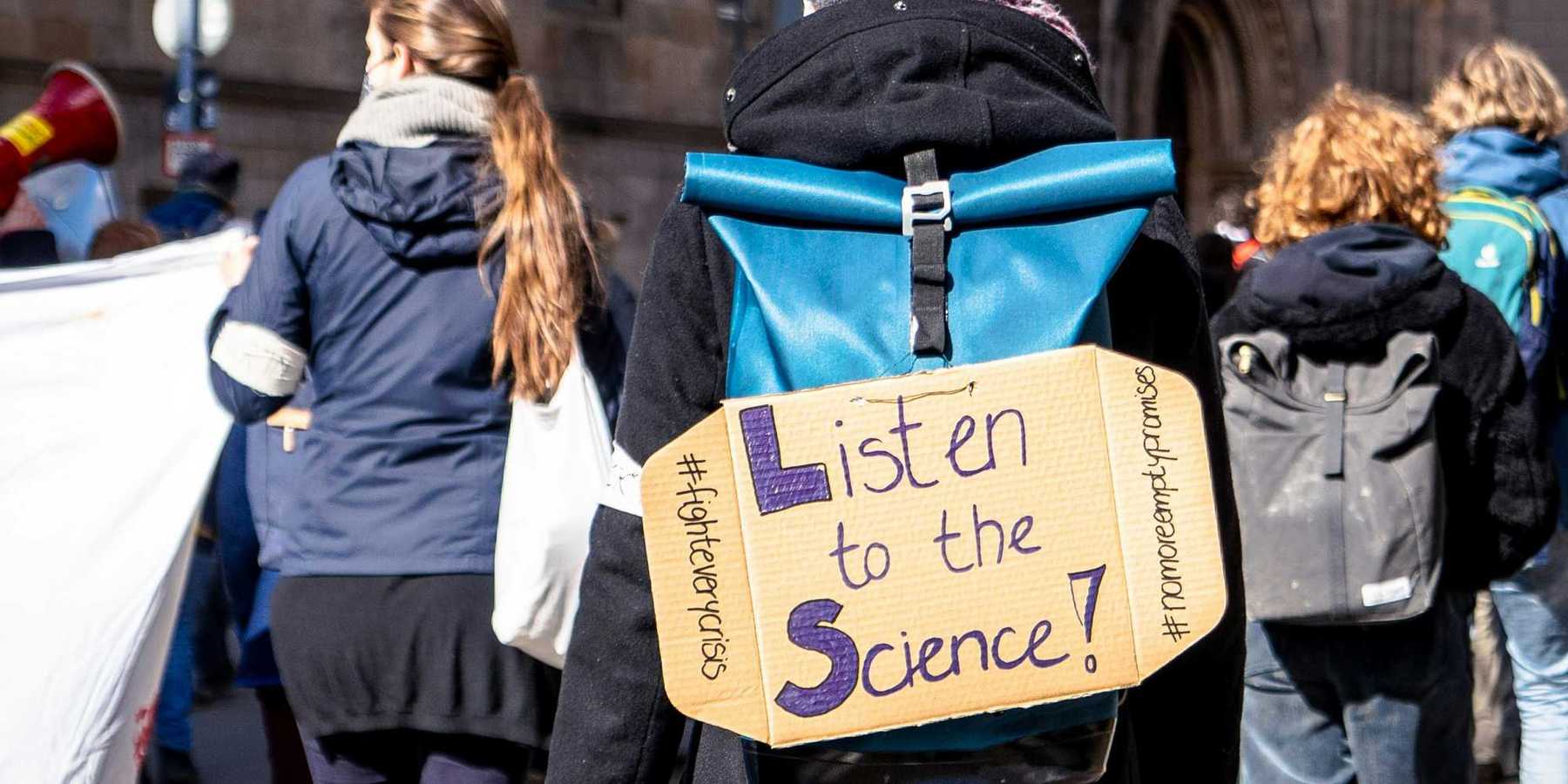New approach to composting in Massachusetts relies on hands-on help, not just rules
In Massachusetts, a state composting mandate for businesses gets a major assist from a down-to-earth consultant who helps restaurants rethink what they throw away.
Somini Sengupta reports for The New York Times.
In short:
- Massachusetts requires businesses producing at least half a ton of food waste per week to divert it from landfills, but enforcement is rare, and many aren’t aware of the rule.
- Consultant Heather Billings, contracted by the state, helps restaurants comply by offering practical fixes — from signage to small compost buckets — and connecting them with compost haulers.
- Environmental advocates say the state should go still further by mandating residential composting and offering secure bins to curb food waste and rats alike.
Key quote:
“We’re still throwing away a lot of food.”
— Kirstie Pecci, executive director of Just Zero
Why this matters:
Massachusetts shows that with the right mix of policy and people, even small changes in the back of a bar kitchen can add up to a cleaner, healthier planet. Rotting food in landfills spews methane, a potent greenhouse gas, and landfills are running out of room. Advocates say the next logical step is mandatory composting for households, too — because let’s be honest, your fridge probably has at least one science experiment in it right now.
Read more: New White House strategy backs food rescue efforts but more is needed to fight hunger and waste













